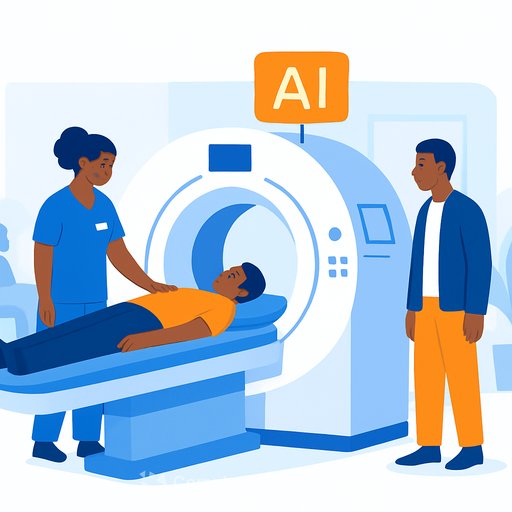Reveal HealthTech Secures $7.2 Million to Scale AI Healthcare Solutions
Reveal HealthTech, an AI-focused healthcare company, has successfully raised $7.2 million in a Series A funding round led by Leo Capital, with additional investment from Sanos Capital. Early investors W Health Ventures and 2070 Health, who incubated the startup in 2023, also participated in the round.
The fresh capital will mainly support the expansion of go-to-market teams and the commercialization of AI tools like BioCanvas and Prism AI. These solutions target key healthcare challenges including oncology, clinical trial recruitment, and patient cohort creation by integrating structured electronic health record (EHR) data with imaging data from CT scans and MRIs.
Founders' Approach and Background
Co-founder and CEO Sanchit Mullick, formerly an executive at Infosys where he led AI services incubation, co-founded Reveal alongside Dr. Salim, a pediatric vascular surgeon with experience at Boston Children’s Hospital. Their combined expertise informed the company’s strategy of focusing on well-defined healthcare problems rather than pushing generic AI products.
Mullick explains that the US healthcare system holds vast amounts of data through EHRs and revenue cycle management systems, but the challenge lies in identifying which business issues can be addressed effectively with AI. Reveal’s approach started with thorough problem definition and a services-first mindset, partnering closely with healthcare and life sciences organizations.
Products and Adoption Challenges
BioCanvas integrates multiple data types to assist with complex oncology workflows and patient recruitment for clinical trials. Meanwhile, Prism AI focuses on automating workflows to reduce manual tasks.
Mullick points out that barriers to adopting AI in healthcare are less about data availability and more about regulation and workplace culture. Regulatory uncertainty remains a key consideration, alongside employee concerns that AI might replace jobs. To ease these challenges, Reveal has established a design center in Providence, Rhode Island, dedicated to creating user-friendly solutions that fit into existing clinical workflows.
Client Base and Impact
Reveal HealthTech is working with a range of clients including major pharmaceutical companies, healthcare delivery networks, and digital health innovators. One recent deployment involved improving patient adherence for a US medical device manufacturer with annual revenues exceeding $40 billion.
Healthcare professionals interested in advancing their knowledge of AI applications in this sector may find value in exploring relevant AI tool resources and courses tailored for healthcare roles.
Your membership also unlocks:





